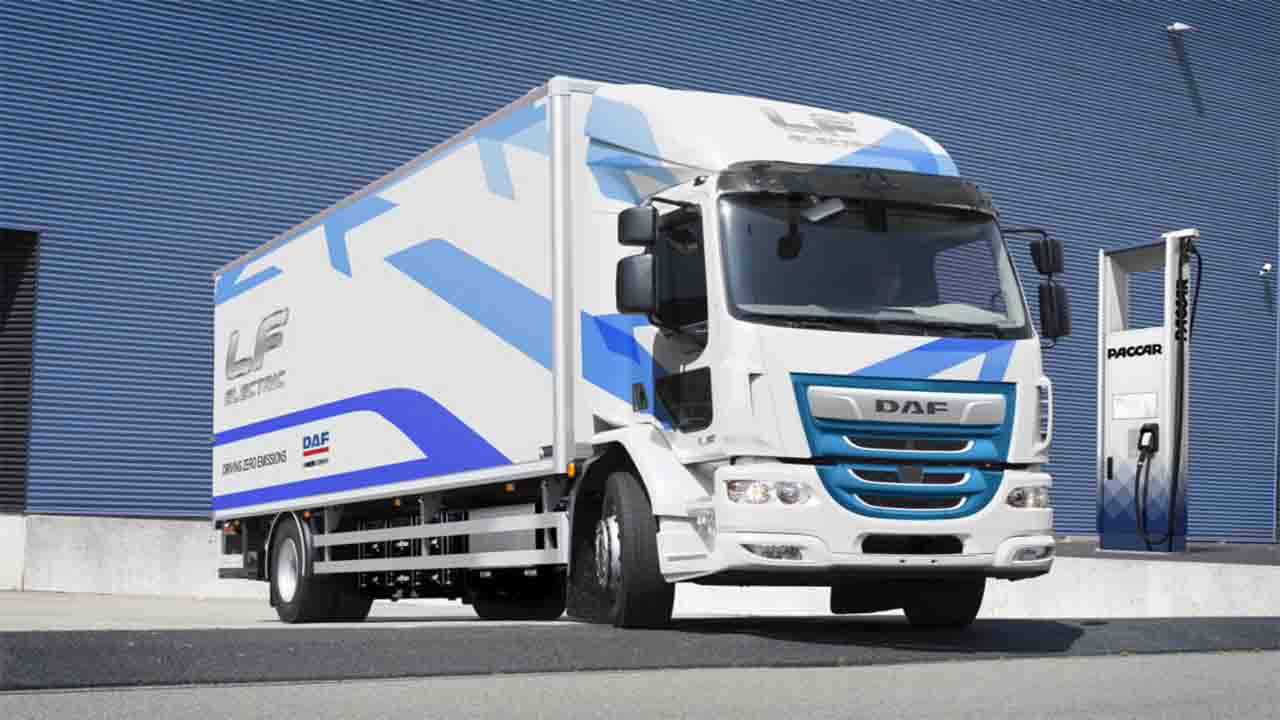(Commonwealth) _ The challenges of decarbonizing freight transport are substantial, with the UK’s ambitious climate targets demanding a rapid transition to cleaner, more sustainable logistics. The Decarbonization of UK Freight Transport (DUKFT) Network’s recent report offers a comprehensive roadmap, addressing the proverbial chicken-and-egg dilemmas that have long hindered progress in this crucial sector. Climate Targets and Transport: Decarbonizing freight transport is an imperative component of the UK’s overarching climate goals. As transportation accounts for a significant portion of the nation’s emissions, the need to transition to low-carbon alternatives cannot be overstated. The DUKFT Network recognizes this pressing issue and provides insights into how to navigate this transformation.
The Chicken-and-Egg Dilemma: In the context of decarbonizing freight transport, the “chicken-and-egg” dilemma refers to the interdependency between the availability of low-carbon technologies and the willingness of businesses to adopt them. Companies are often hesitant to invest in eco-friendly alternatives without a robust infrastructure in place, while governments and investors may be reluctant to create that infrastructure without guarantees of adoption. The DUKFT Network’s report delves into this conundrum, proposing innovative solutions to break the cycle. The DUKFT Network’s report is a comprehensive analysis of the challenges and opportunities in the decarbonization of UK freight transport. It acknowledges the intricate web of factors that have slowed progress in reducing the carbon footprint of this critical sector. Through strategic insights, the report charts a path forward, offering a roadmap to achieving sustainable, low-carbon logistics.
One of the primary challenges in decarbonizing freight transport is the lack of appropriate infrastructure. The DUKFT Network’s report highlights the importance of developing charging and refueling stations for electric and hydrogen-powered vehicles. Without these essential support systems, the adoption of eco-friendly transportation options remains a challenge. By addressing this infrastructure gap, the report provides a practical solution to the chicken-and-egg problem. The DUKFT Network recognizes the financial burden associated with transitioning to low-carbon freight transport. In this context, the report proposes a range of financial incentives, including grants, tax breaks, and subsidies, to encourage businesses to make the switch. Such incentives not only reduce the cost of adoption but also provide assurance to companies that investing in cleaner technologies is a sound financial decision. The report also emphasizes the role of regulatory frameworks in driving decarbonization. By introducing stringent emissions standards and creating a conducive policy environment, governments can accelerate the adoption of greener technologies.
The DUKFT Network’s report encourages collaborative efforts between public and private sectors. By forming strategic partnerships, governments and businesses can work together to fund research and development, create innovative financing models, and expedite the deployment of low-carbon freight solutions. Such collaborations foster synergy and collective action, reinforcing the commitment to decarbonization. Shifting consumer preferences plays a crucial role in the success of decarbonization efforts. The DUKFT Network’s report underscores the need to educate consumers about the environmental impact of their choices. By creating awareness and fostering demand for sustainable logistics, businesses are more likely to invest in low-carbon technologies to meet these preferences.
In essence, the DUKFT Network’s report recognizes that decarbonizing freight transport requires a multi-faceted approach. The chicken-and-egg dilemmas that have impeded progress for so long can be overcome through a combination of infrastructure development, financial incentives, a robust regulatory framework, public-private partnerships, and an educated and conscientious consumer base. Furthermore, the report reinforces the idea that decarbonizing UK freight transport is not merely an environmental imperative but also an economic opportunity. By leading the way in sustainable logistics, the UK can become a hub for innovation and export its expertise in low-carbon freight solutions to the global market.








